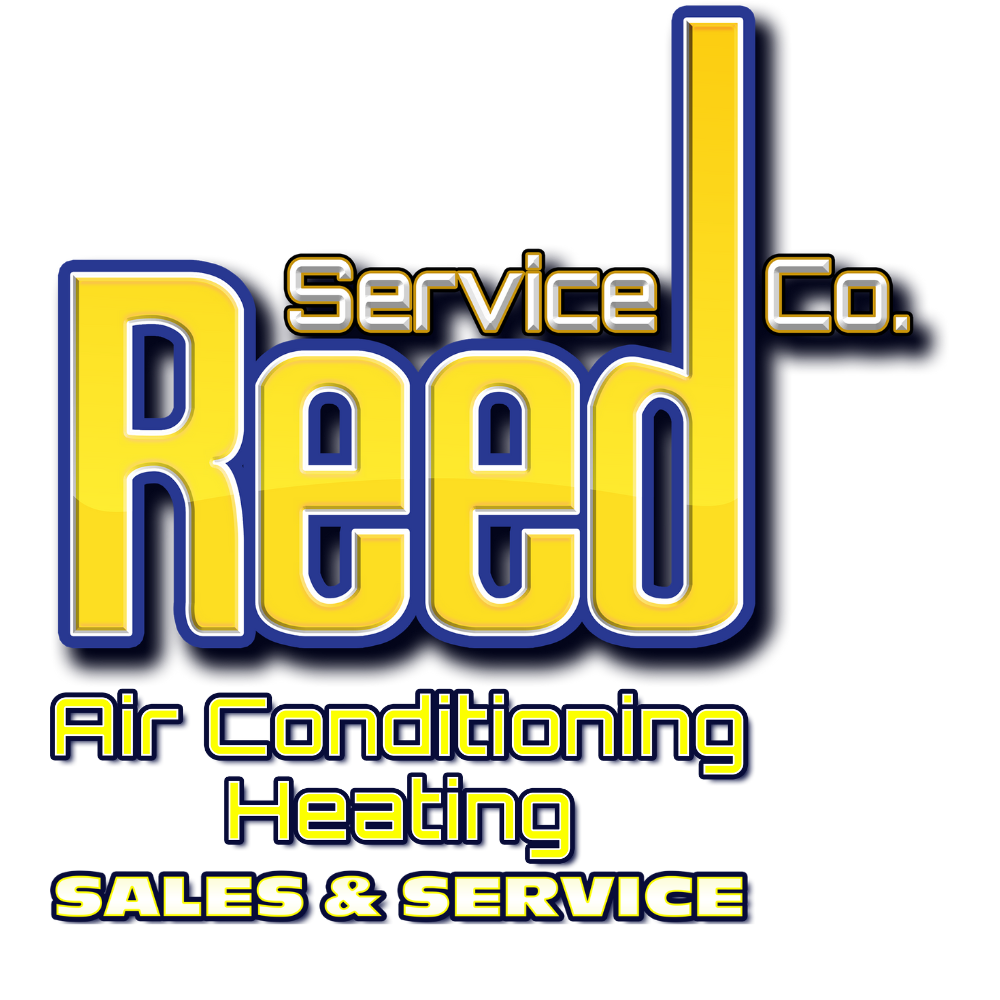The Pros and Cons of Humidity Control
HVAC systems do more than just keep your house cool or warm. They also play a very big role in adjusting your indoor humidity levels. Typically, air conditioners and heaters will reduce humidity, but you can also get special systems that add back humidity as needed. Understanding the potential benefits and disadvantages of low humidity can help you find the right humidity levels for your house.
Pro: Lower Humidity Reduces Mold Growth
One of the most important reasons to keep humidity levels low is to inhibit mold growth. Molds, fungi, and bacteria all flourish in damp environments. A humidity level of around 80% can be enough for a serious mold problem to result. Even if the rest of your home is below this danger point, damper areas like bathrooms and kitchens will be affected and develop serious mold problems. If you notice black, green, or grey spots appearing on walls or inside cabinets, it is a sign that you need to lower humidity in your home.
Con: Low Humidity May Cause Physical Discomfort
Most of the time, low humidity is a good thing. However, in the winter months with a heater running, humidity can get so low that it becomes problematic. Most people will feel comfortable at a humidity level of around 40% to 50% relative humidity. When it drops below this, skin and other tissues start to dry out.
Your skin may start getting ashy, cracked, flaky, or itchy, and people with eczema are more likely to have flare-ups. Those who have sensitive skin often end up with acne and other issues in lower humidity. Likewise, your hair will become excessively dry, making it look dull and easier to break. Nasal and oral membranes can dry out, making each breath feel harsh and dry. Some people find it harder to breathe when humidity is low.
Pro: Low Humidity Makes Warm Air Feel Cooler
Your body naturally cools itself by evaporating excess heat into the air. However, when humidity is higher, it is harder for heat to evaporate. Instead of dissipating naturally, body heat lingers near you, making you feel hot and sticky. This can make the temperature feel far higher than it actually is.
For example, if you had your air set at a comfortable 76 degrees Fahrenheit, high humidity could make it feel like it is almost 80 degrees instead. When you have lower humidity levels, you do not have to crank your AC so high in the summer. This lets you run your air conditioner more efficiently and save on your utility bills.
Con: Excessively Low Humidity Can Damage Your Furniture and House
Wood, leather, paper, and other natural materials can dry out when the humidity gets too low. This will make the individual fibers in wood shrink at uneven rates, causing boards to crack or warp. Other materials made with natural fibers can become brittle or start to curl up around the edges.
When your humidity gets too low, you may notice cracks appearing between floorboards, furniture legs becoming uneven, or artwork on your walls crumbling. To protect the investments in your home, furniture, clothing, and home decor, you need to keep humidity levels from being too low.
Pro: Low Humidity Reduces Risk of Allergies and Respiratory Ailments
Low humidity can make breathing a little uncomfortable, but high humidity is even more likely to cause serious breathing problems. The issue with high humidity is that it lets all sorts of mold and fungi flourish. These foreign microbes are often small enough to enter airways, where they can cause infections or trigger asthma attacks.
For example, humidity levels above 80% can triple your chances of being diagnosed with Legionnaires’ Disease, a dangerous respiratory infection. Higher levels of humidity can also cause pollen and dander to stick around, worsening allergies. Those who are prone to respiratory ailments need to pay extra attention to their humidity levels.
Seek Help From a Professional Service Company
As you can see, humidity that is too low or too high can cause problems. To get the perfect humidity levels for your house, turn to Reed Service Company. Our indoor air quality services can help test humidity and provide you with any humidifiers or dehumidifiers you need. We also assist with all sorts of other installations, repairs, and maintenance for HVAC systems. Find out more about our services by getting in touch with us now via the internet or by phone.


